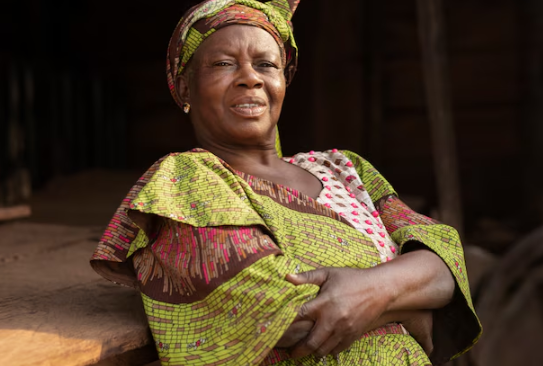KNUST Research Links Vitamin D Deficiency In Kumasi’s Elderly To Lack Of Sunlight Exposure.

According to a recent Kwame Nkrumah University of Science and Technology study, only 6% of Kumasi’s elderly population receives enough sunshine, which is essential for the body’s natural synthesis of vitamin D.
According to research that was published in the Journal of Science and Technology in October 2024, up to 70% of participants suffer from vitamin D deficiency as a result.
Limited exposure to sunlight and diets deficient in foods high in vitamin D are frequently associated with vitamin D insufficiency.
Long-term vitamin D deficiency has been linked to ailments like immune system weakness and impaired muscle function. Muscle function and general health can be negatively impacted by inadequate vitamin D, particularly in older adults.
Vitamin D concentrations were measured for the study using blood analyses, and 125 older persons (55 years of age and older) who were admitted to the KNUST Hospital completed standardized questionnaires that assessed their eating habits and exposure to sunlight. Their body composition was also measured by the researchers.
Additionally, only 22.3% of individuals consistently ate foods high in vitamin D, according to the study. The risk of vitamin D deficiency in elderly persons is increased by this inadequate dietary intake and inadequate sun exposure.
In addition to vitamin D levels, the study discovered that 48% of participants had decreased muscle mass and 60.8% of participants were overweight or obese.
Under the direction of Prof. Mrs. Ibok Oduro of the Food Science and Technology Department, the researchers suggested increasing outdoor activities to ensure sufficient exposure to sunlight, encouraging the consumption of foods high in vitamin D, such as dairy products, fortified cereals, and fatty fish, and participating in moderate physical activity to enhance body composition and muscle health.



